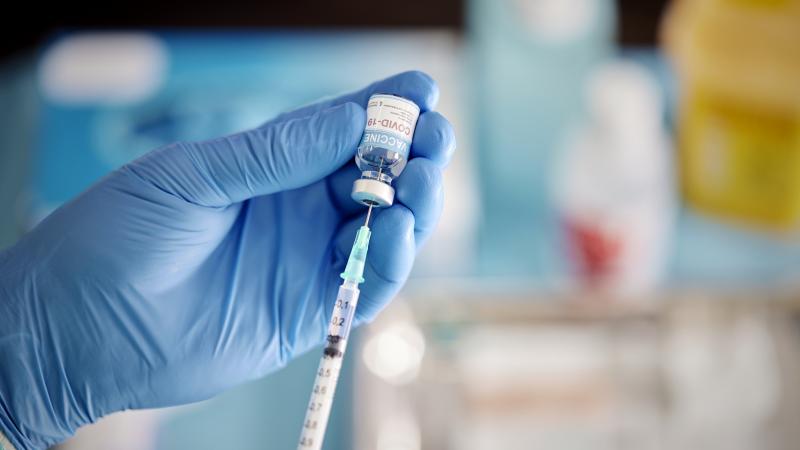Trans clinical care is potentially harming children with autism, physician says
Autism rates in America have risen sharply and now show that one in 31 children are on the autism spectrum, up from one in 150 in the year 2000. Dr. Peter McCullough says there's an overlap with children expressing gender dysphoria.
According to cardiologist and former vice chief of internal medicine at Baylor University Medical Center, Dr. Peter McCullough, most children who are beginning the transgender process have autism.
"It's important to understand that transgender clinical care, in a sense, is preying upon children with autism," he warned in an interview with Just The News. McCullough is no longer associated with Baylor.
"The data has been coming in now for at least a couple of decades. We now know that most children who are beginning this transgender process have gender dysphoria, they actually have background autism spectrum disorder. The majority do," McCullough said.
Closer examination of vaccine connection to autism
The increase in autism cases has reshaped the conversation surrounding its correlation to children who are diagnosed with clinical gender dysphoria. Many suspect that at its root, some vaccines might contribute to the rising rates of autism. Health and Human Services (HHS) Secretary Robert F. Kennedy Jr. announced in March a large-scale study to investigate a potential link between vaccines and autism. He further elaborated on the study in April, stating that HHS would undertake a "massive testing and research effort" to determine the cause of autism by September 2025.
In a statement in May, Kennedy announced that the study would be conducted via a partnership between the Centers for Medicare and Medicaid Services (CMS) and the National Institutes of Health.
“We’re using this partnership to uncover the root causes of autism and other chronic diseases,” Kennedy said in the statement. “We’re pulling back the curtain—with full transparency and accountability — to deliver the honest answers families have waited far too long to hear.”
Autism may have an effect as a reason youngsters question their sexuality
McCullough went on to say that, "Children with autism are suggestible. They feel ostracized. And, you know, normal children essentially wouldn't do this, because their gender orientation is solid."
Gender dysphoria as a clinical diagnosis is used when a child experiences significant distress or impairment due to a mismatch between their gender identity and their sex assigned at birth.
A large-scale study published in Nature Communications found that transgender and gender-diverse individuals are three to six times more likely to be autistic than cisgender individuals (those whose gender identity corresponds with their birth sex), based on data from 641,860 participants across five datasets. The research, conducted by the University of Cambridge’s Autism Research Centre, also noted higher autistic traits, such as systematizing and sensory sensitivity, in transgender and gender-diverse people, regardless of an autism diagnosis. The co-author of the study, who serves as a research associate at the University of Cambridge's Autism Research Centre, said the data collection required input for gender-related questions, but was originally purposed for vastly different studies and therefore, the data were even more reliable and the findings are "likely to be true."
The National Autism Society, a British charity, says that "There is some evidence to show a link between gender dysphoria and autism, and that autistic people may be more likely than other people to have gender dysphoria. However, there is little evidence about the reason(s) why, and some recent research suggests the link between autism and gender dysphoria is not so clear. More research is needed. More research is also required to develop and test assessment tools, support and treatment for autistic people experiencing gender dysphoria."
McCullough warns that the transition process could be sterilizing and disfiguring, causing long-term repercussions. "We have a neuropsychiatric disorder and all the data suggest that transgender care is sterilizing. Its disfiguring is permanent. It increases the burden of psychiatric disease and increases mortality from all causes."
A 2019 study published by the NIH found that children who fall on the autism spectrum were over four times as likely to be diagnosed with a condition indicating gender dysphoria.














